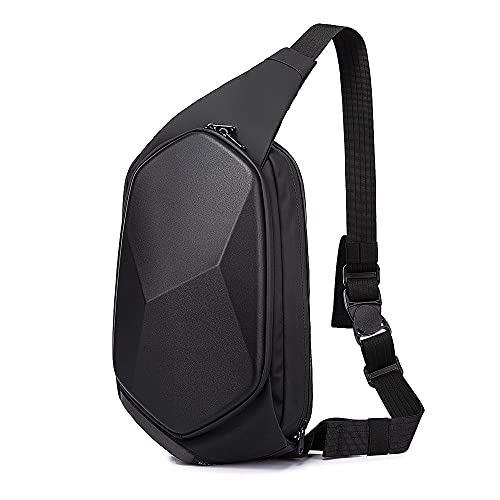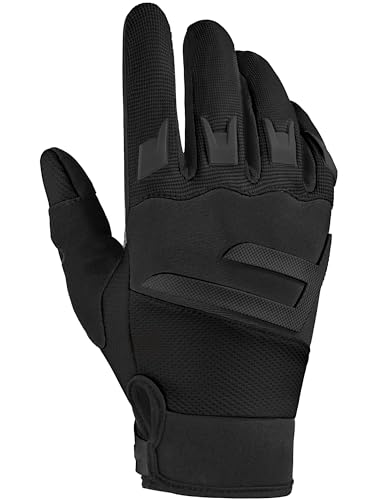You have to understand the 'between the lines' issues with dealer invoices.
The net cost to the dealer for your recently ordered '08 A model is $416.97 ($452.97 if he got it before June) less than the supposed 'ready to sell' cost - and, by the way, the mean time to receive a holdback payment is 6 months, because we don't know when it is that Yamaha pays the holdback out.
That $90 assembly charge presumes that they are paying a real mechanic, not a junior geek to assemble the machine, so that's also probably somewhat inflated. Even so, unless they pay their mechanic for work billed (Sears does that) or have gone out and hired a person just to assemble THAT machine, the direct cost of assembly of the machine is zero, because the monkey doing the work would be sitting on his thumbs if we wasn't messing up the assembly of a bike. The cost disappears into the general overhead of the business.
Much of the *fun* is that when a dealer orders in a bike for you (like D&H does) they can afford to sell at *cost* because they aren't laying out their money for any length of time - in fact, if they have 30 day credit, they may well lay out nothing, receiving their money from the buyer before they send funds in to Yamaha. They can invest this money for a mean of 15 days and increase their profits that way.
Note that if you are financing your ride, the dealer almost certainly receives a kickback from the financing organisation as well.
In such cases, their profit margin is *interesting* because they make almost no direct profit on the sale, per se. But the return on investment is a huuuuge number, because they've actually invested nothing beyond the risk that someone might not collect the machine they've ordered - but D&H always has inquiries, so their risk in this regard is minimised.
So the statement that "Dealers do not stay in business very long by selling machines for no profit." is clearly incorrect, since Yamaha's highest volume dealers have been doing just that for years.
And, where a dealer is stuck with inventory and if he has HIS money in it (rather than manufacturer-owned inventory, as is common in thr car business), it is sometimes in their best interest to dump the unit at ANY price to free up capital, because motor vehicles are very poor investments, depreciating, even while they are sitting on the floor.






























































